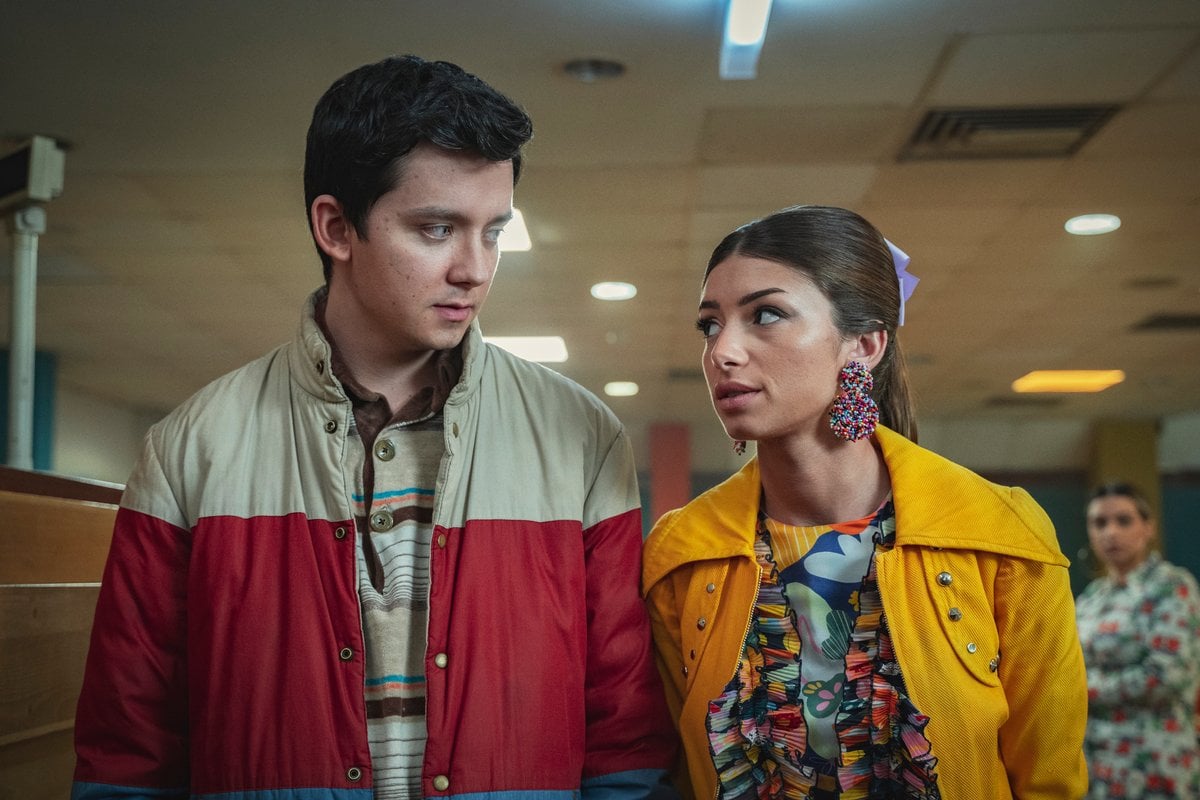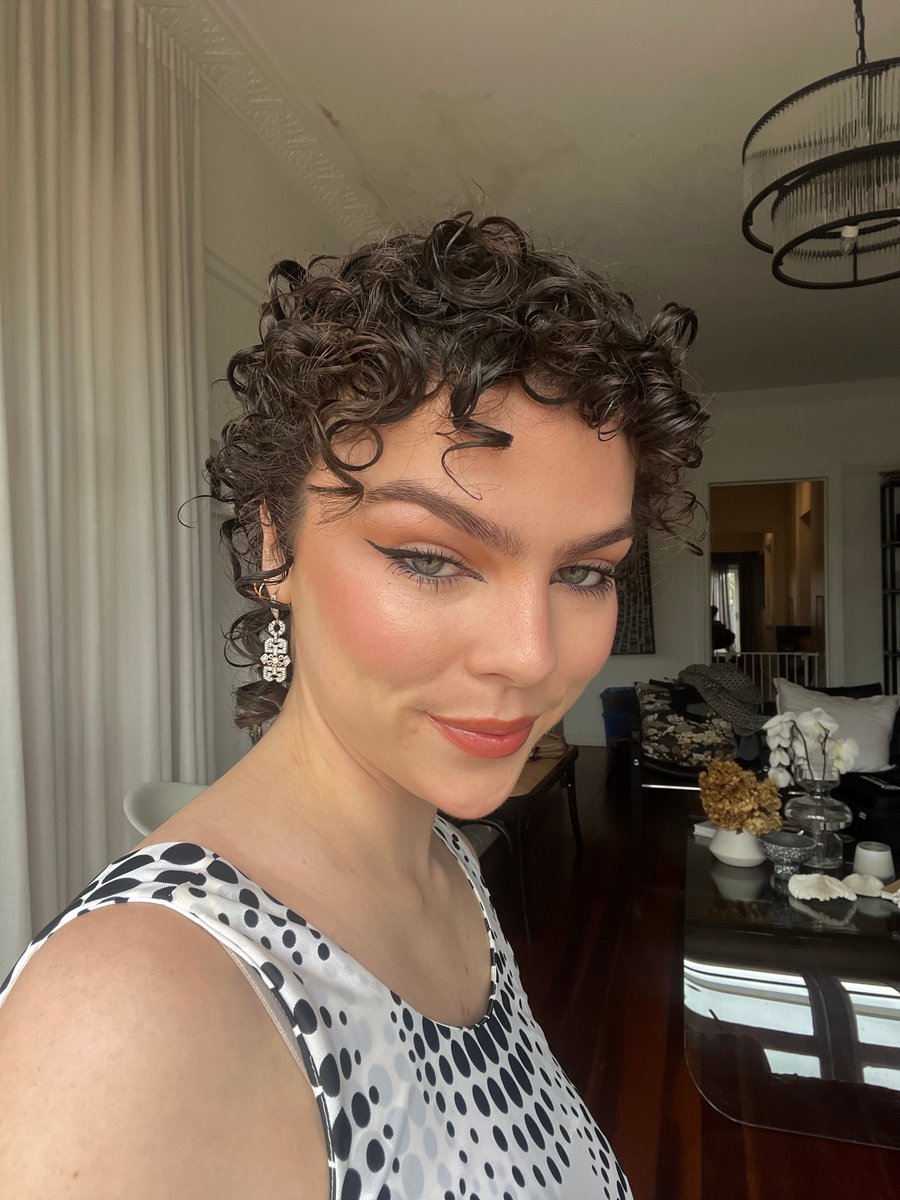
New research reveals that 79 per cent of Australians feel the sex education they received at school did not equip them for real-life sexual relationships.
According to Act for Kids CEO Dr Katrina Lines, parents need to step in and support their teens by getting comfortable talking about sex.
"We know that if parents aren't talking to kids and schools aren't providing quality evidence-based sex education, then kids are mostly finding out about sex online through porn," Dr Lines tells Mamamia.
Watch the trailer for season three of Netflix's Sex Education. Post continues below.
"As we know, sex in porn mostly features paid actors. But kids and particularly young boys are looking at it and thinking, 'Oh, that's what I have to do.' It's confusing because sometimes the sex isn't consensual and it doesn't represent real sex in a relationship."
Troubled by how much sex education is coming from porn, Dr Lines explains why Act for Kids is campaigning for parents to 'get comfy' having awkward conversations about sex.
"We worked with a focus group of kids aged between 10 and 18 years old in order to myth bust some awkward sex-ed questions," Dr Lines shares.

